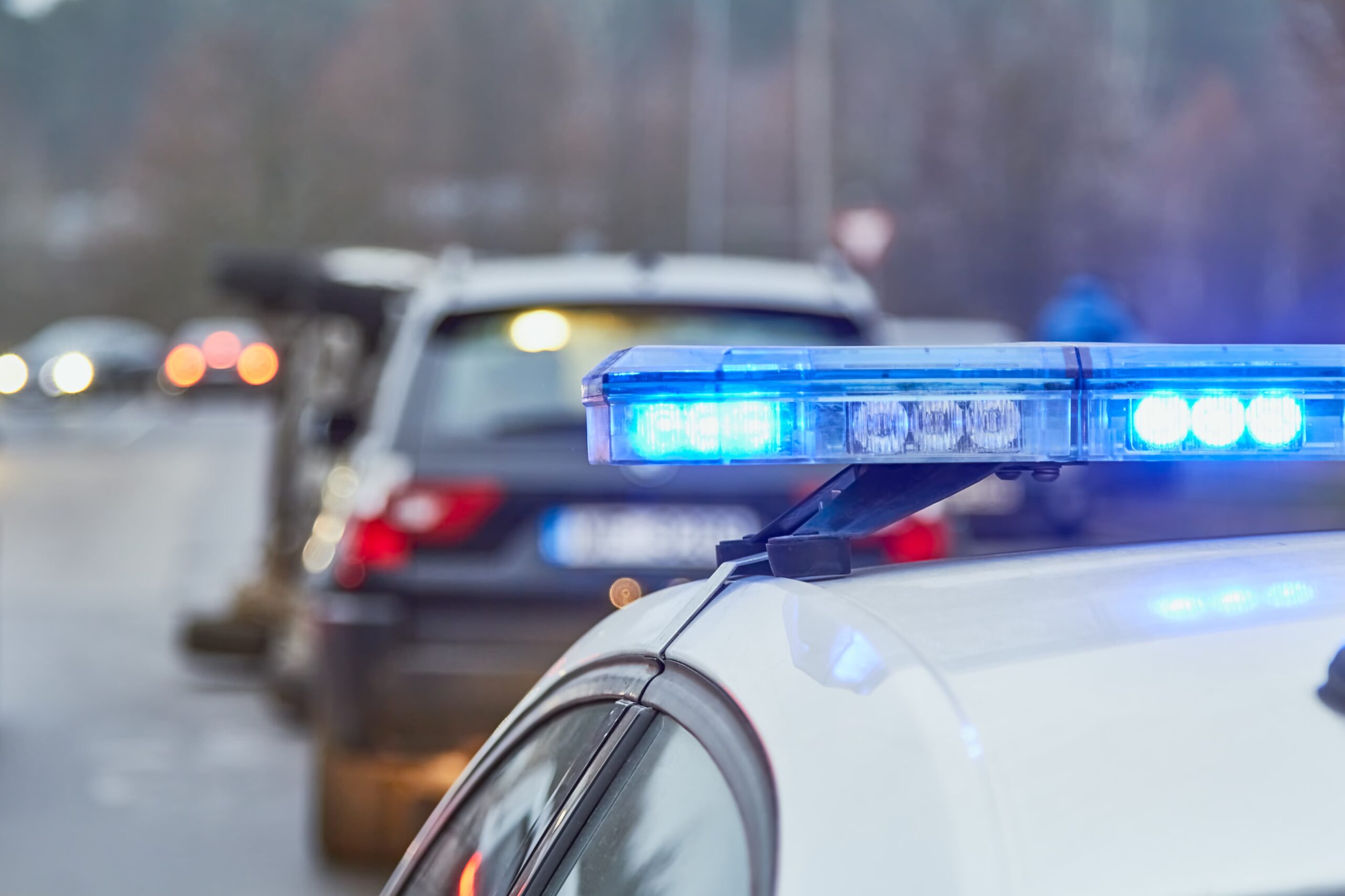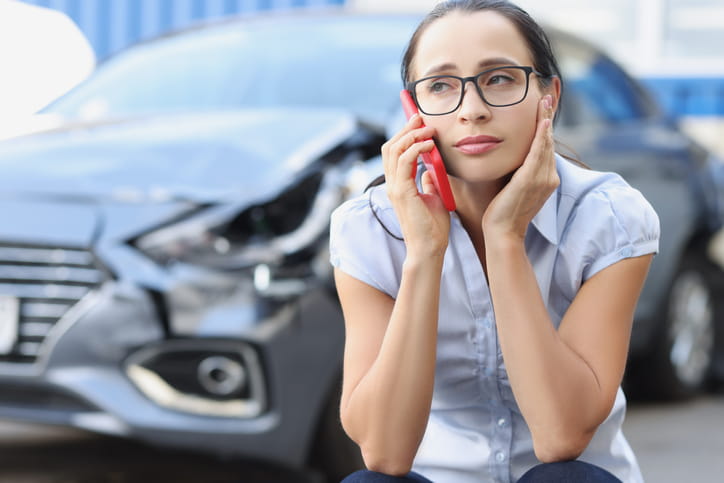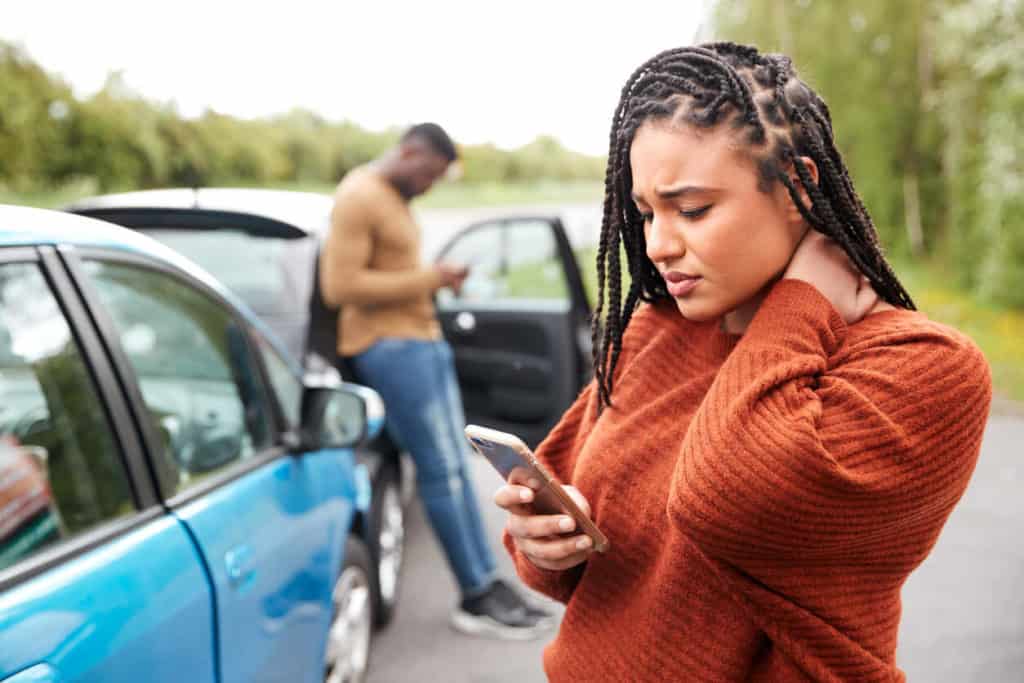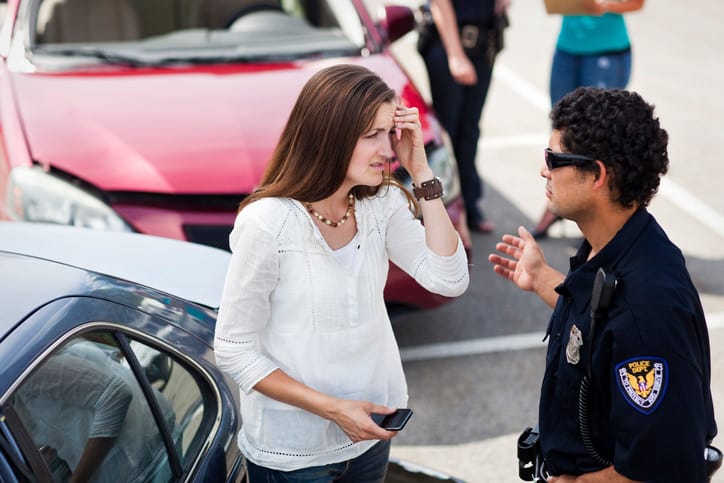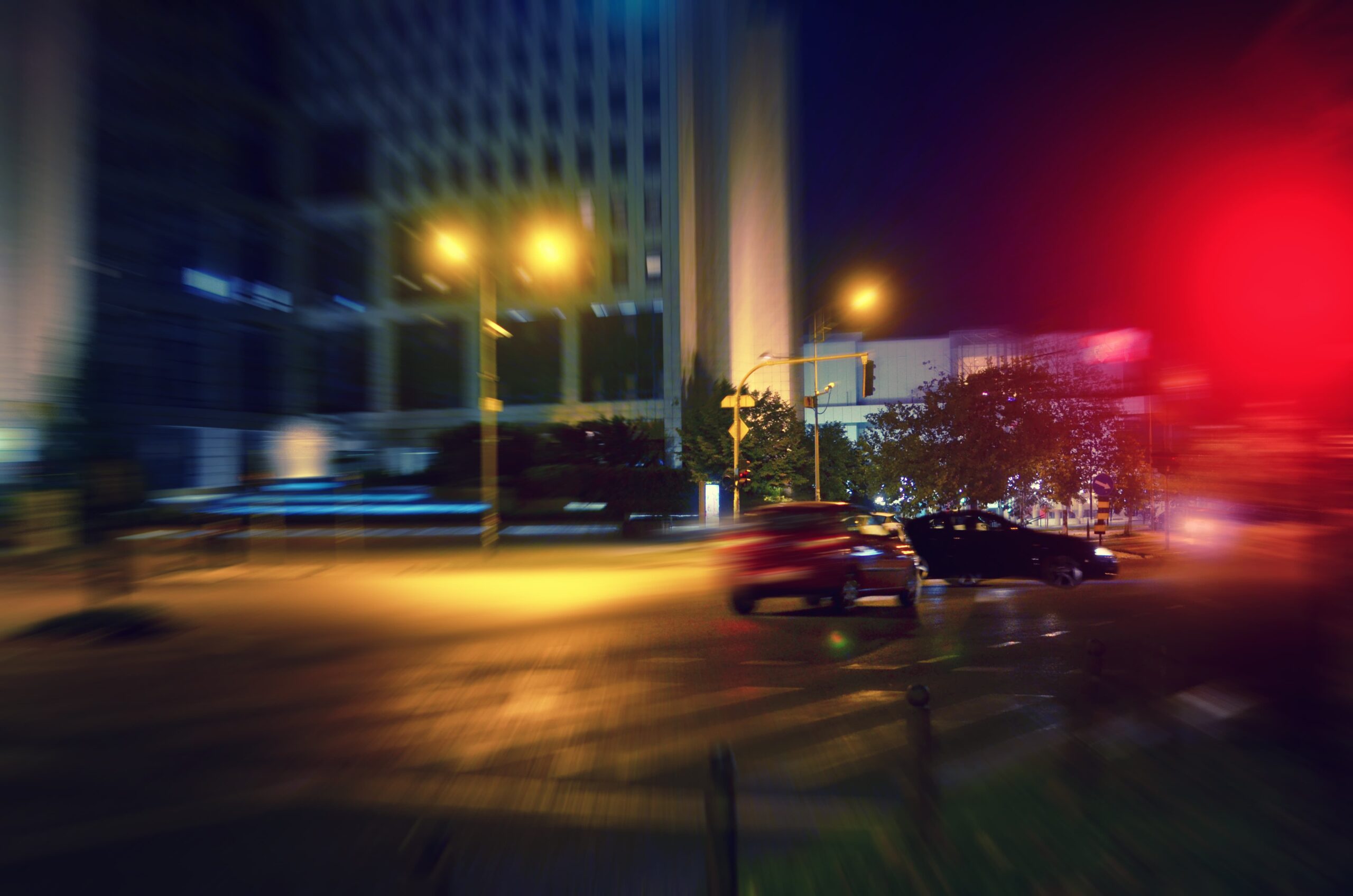Who Determines Who Is at Fault for a Car Accident?
Determining fault in a car accident means determining who is legally liable for the accident. A victim who is found to not be liable for a car accident may deserve financial compensation while a person who is found to be legally liable for a car accident may owe the victim compensation.
The police may investigate the car accident. Insurance companies are likely to be involved as well. How do you determine fault for a car accident? Who decides? The Colorado car accident attorneys at Bachus & Schanker, LLC, explain the process of determining fault after a car accident.
Who Determines Who Is at Fault for a Car Accident?
A judge, a criminal jury, and a civil jury may all determine who is at fault for a car accident. Multiple proceedings may take place after a car accident.
For example, one or more parties may face criminal charges or receive a traffic ticket. A judge or criminal jury may determine fault by deciding the outcome of the criminal charge or traffic ticket. For a civil matter, a jury decides fault for a car accident. Who determines fault for a car accident depends on the type of matter, but it is either a judge or a jury in all cases.
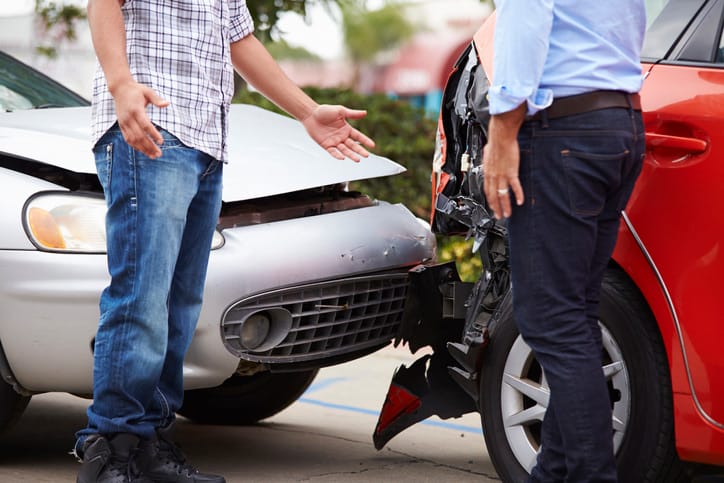
Do the Police Determine Fault for a Car Accident?
No, the police do not determine fault for a car accident. While the police may conduct an investigation, their investigation is only preliminary. You’re not found guilty of a criminal charge or responsible for a traffic ticket just because the police make an allegation.
The police conduct the investigation and then hand the matter over to the state attorney if they believe that a criminal charge is appropriate. You have the right to have an impartial arbiter, a judge, or a jury, determine fault for the car accident. The police are not the party that determines fault for a car accident.
Do I Have to Accept the Insurance Company’s Determination of Fault After a Car Accident?
No, you don’t have to accept the insurance company’s determination of fault after a car accident. You have the right to pursue appeals. You also do not have to accept a denial of your appeal. Instead, you can file a legal claim.
A legal claim might be based on the insurance company failing to honor their legal obligations to you. It might be based on another driver’s insurance company not paying you what you deserve after an accident. In any event, you don’t have to accept the insurance company’s determination of fault after a car accident.
Determining Fault After a Car Accident
What happens after a car accident can be confusing when it comes to determining fault. There may be many parties looking into what happened, including those involved in the accident, the police, and the insurance company. There may be civil or criminal action. For a car accident, there may be several different types of fault and multiple kinds of proceedings relating to the accident.
Criminal Actions and Traffic Tickets After a Car Accident
One type of fault in a car accident is a criminal action or a traffic ticket. In other words, the police may investigate to see if anyone involved in the car accident violated a law. Examples might include drunk driving, reckless driving, speeding, or running a red light. The police investigate to determine if anyone broke a law. In fact, the only job of the police is to investigate criminal law violations and tickets. The police don’t get into deciding where civil liability lies after a car accident.
Even though the police conduct the preliminary investigation into criminal offenses and traffic violations, the police don’t make the final determination of fault for either type of offense. That job is for the judge or jury that hears the criminal case.
Some criminal charges and traffic offenses get decided by juries. Other criminal charges are decided by only a judge. It depends on each state and the system that they use to decide the various types of cases. Very serious charges, like felonies, are always decided by juries. However, for all other offenses, it might be a judge or jury that makes the determination of criminal or traffic law violations after a car accident.
Civil Fault After a Car Accident
Criminal charges and traffic tickets aren’t the only kinds of fault after a car accident, however. Civil fault is a type of fault, too. Civil fault determines who is financially liable to another person for an accident. It’s not about breaking a criminal law or traffic rule. Instead, it’s about compensating the victim for the actions of the person who is at fault for the accident. It’s only when the other party is liable for the accident that the victim can receive financial compensation. Therefore, determining civil fault is very important for the parties after a car accident.
It isn’t the insurance company that makes the final decision about civil fault. Even the result of a criminal case may not be the definitive answer about civil fault after the car accident. Instead, civil fault is an independent determination. It may be a judge or jury that decides civil responsibility. You present all the evidence, and the judge gives the jury instructions about the law. Ultimately, the jury returns a verdict. In most civil car accident cases, the jury gives the final decision on fault.
However, it might be a judge that gives a final ruling on fault in a civil case. Either side can ask for an immediate decision from the judge before trial. When the parties have no disagreement on facts that are material to the case and one party is entitled to judgment as a matter of law, that party can ask the court to rule without even sending the case to the jury. Even though the parties have a right to a jury trial, when no reasonable jury could find against the moving party, the court can award what’s called a summary disposition. In that respect, it’s the judge that might decide fault for a civil case.
Contact Our Attorneys for Car Accidents in Denver, Colorado
Our skilled team of car accident lawyers can help you understand fault in your accident case. We can help sort through the specific facts in your case to help you determine fault after a crash. Contact us today to schedule a free consultation.

